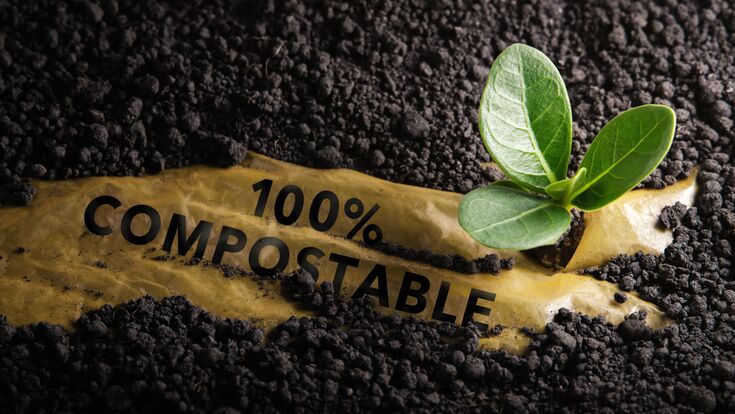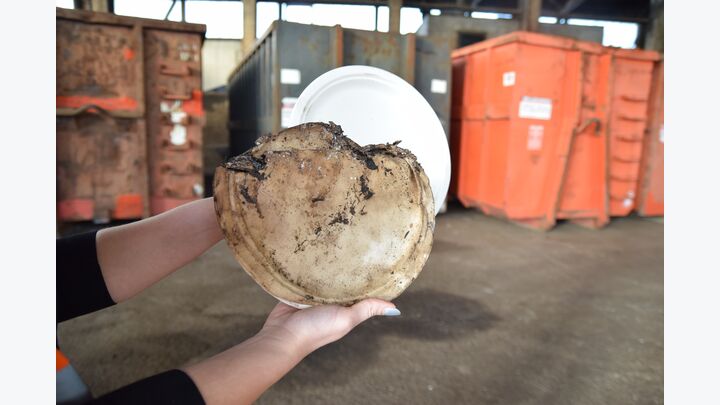Composting Trial : How well do Products advertised as compostable decompose?

In autumn 2022, Deutsche Umwelthilfe (DUH, Environmental Action Germany) conducted a rotting trial at the RSAG Swisttal composting plant with a number of products advertised as compostable or biodegradable. Some of the products were certified as compostable, for example according to DIN EN 13432.
The composting trial took place from 12 October to 2 November 2022. The selected plant uses closed tunnel composting and is representative of a composting plant that recycles biowaste in Germany. Since the trial was carried out in autumn, the biogenic input material consisted of kitchen waste with parts of green waste, such as shrub and hedge cuttings. The plant usually performs a rotting of 21 days. After the rotting time, the rent was discharged and the samples taken. The results showed that most of the packaging and products had hardly changed as a result of the rotting process.
Some, like the tea and coffee capsules, disposable cutlery and barbecue plates, showed little or no trace of decomposition. Organic waste collection bags or to-go cups had disintegrated into plastic pieces. Although the products are labelled as ‘biodegradable’ or ‘compostable’, they show no or only insufficient degradation in a representative composting plant. The majority of the products would have been separated in the subsequent screening or plastic residues from the products would have ended up in the marketed compost.
Want to know more on this subject? Read our article about bioplastics and composting.







